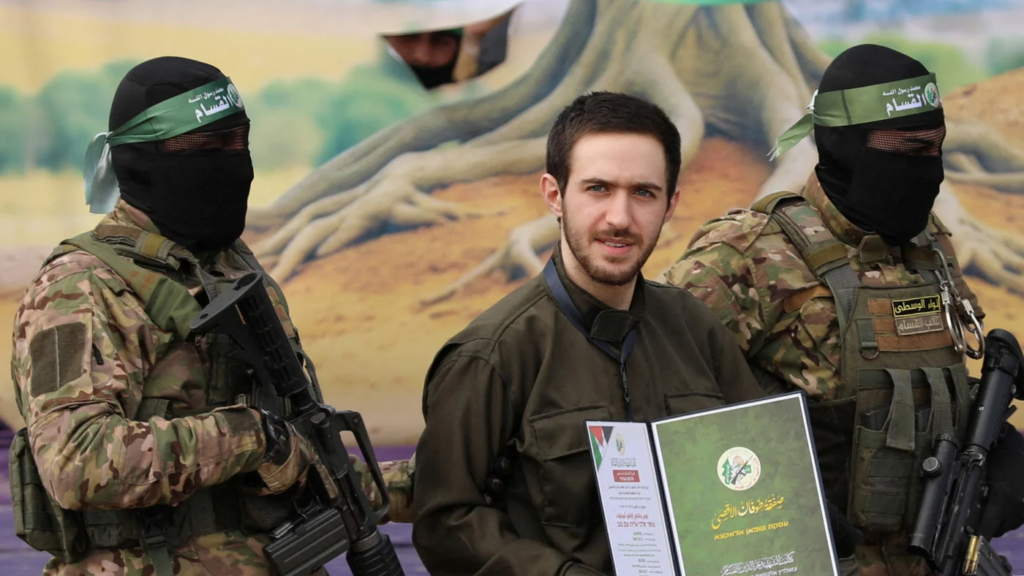Amid the ongoing conflict, Israel and Hamas have reached a historic prisoner swap agreement, seen as a rare example of cooperation between the two sides. Under the deal, Israel will release 620 Palestinian prisoners, many of them women and children, and Hamas will release six Israeli prisoners, five of whom are believed to be civilians. The move has sparked both optimism and skepticism among international diplomats, who hope it could pave the way for future peace talks.
Massive prisoner exchange: numbers and details
The deal was brokered by Qatar, Egypt and the United States, in which Israel agreed to release 620 Palestinian prisoners. Many of those released had been held in Israeli prisons for long periods, and most of them came from diverse social and political backgrounds, such as students, farmers and prominent political activists.
In return, Hamas has pledged to release six Israeli prisoners, including three soldiers, two civilians, and one dual citizen. However, the names of the prisoners have not yet been released. This move by Hamas to release these prisoners is seen as a confidence-building measure, and both sides hope that it will pave the way for further negotiations and a peace agreement in the future.
International response: The position of the United States, the United Nations and other countries
The United States welcomed the agreement and called it an important step towards peace. President Joe Biden said in a statement, “This prisoner exchange can be an important step towards negotiations between the two sides and we encourage them to work towards a long-term peace.” He added, “We are one step closer to our long-held goal of a two-state solution.”
The United Nations has welcomed the agreement as a positive step, but warned that it is not enough to bring lasting peace. UN Secretary-General Antonio Guterres said, “This prisoner exchange may be a temporary solution, but both sides need to start discussing the fundamental issues so that it can lead to a lasting peace.”
Mediating countries Qatar and Egypt said after the deal that they would work towards more prisoner exchanges in the future. Egyptian President Abdel Fattah al-Sisi said in a statement that “this step will help to alleviate some of the suffering for the Israeli and Palestinian people. We hope that it will lead to greater peace.”
Hamas and Israeli Response: Mixed Feelings and Public Opinion
In Gaza, Hamas sees the prisoner swap as a victory in their resistance struggle, and presents it as a just step towards the Palestinian people. “We are continuing our utmost efforts to secure the release of our prisoners,” a Hamas spokesman said in a statement.
On the other hand, the Israeli side sees the agreement as a step to ensure the security of its citizens. Israeli Prime Minister Benjamin Netanyahu said, "This prisoner exchange is a positive step in light of the suffering that Israelis have suffered."
The situation in Gaza and future prospects
Israeli attacks on Gaza have killed nearly 50,000 Palestinians, most of them women and children, while Hamas attacks have killed more than 1,200 Israelis.
Experts believe that this prisoner exchange could be an important step that will prepare both sides for further negotiations and peace. However, whether there will be a lasting ceasefire between Israel and Hamas is still uncertain. The international community will continue to press for peace and it is hoped that both sides will take another step towards cooperation to overcome their internal crises.


